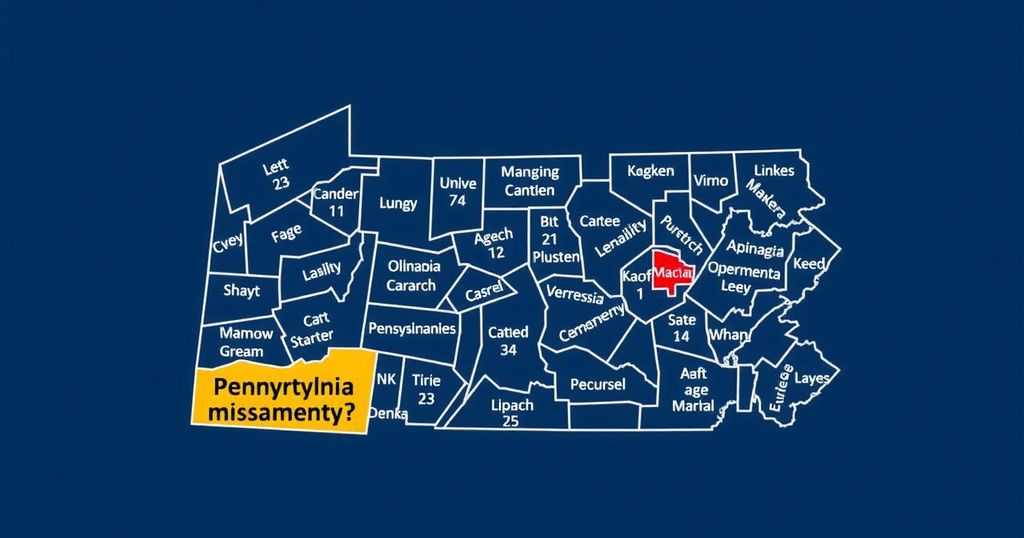Debunking Misleading Claims About the 2024 Pennsylvania Election
The article addresses misleading claims about the 2024 Pennsylvania election, clarifying issues such as the interpretation of slow result reporting, the handling of early voting, the use of voting machines, allegations of fraudulent registrations, and concerns over noncitizen voting. It emphasizes the integrity of Pennsylvania’s electoral system and highlights improvements made since the 2020 election.
The upcoming 2024 elections in Pennsylvania have seen a resurgence of misinformation, largely perpetuated by narratives stemming from the 2020 presidential election. This article aims to clarify significant misconceptions regarding Pennsylvania’s voting processes: 1. Slow Results Indicating Problems: Contrary to popular belief, delays in reporting election results in Pennsylvania do not suggest fraud or irregularities. The commonwealth’s mail voting structure, established post-2020, inherently makes result reporting slower. However, election officials assure that improvements since 2020 will lead to smoother operations this year. 2. Disenfranchisement of Early Voters: Although reports indicate long lines in Bucks County due to increased demand for early voting, voters were not disenfranchised. The state does not have conventional early voting; instead, mail-in ballots were available for earlier voting, albeit with challenges due to high demand. Legal adjustments allowed for an extension on mail ballot applications after lengthy wait times at county offices, illustrating responsiveness rather than confusion. 3. Voting Machines and Vote Manipulation: Concerns about miscalibrated voting machines, though valid, do not equate to vote tampering or fraud. Pennsylvania’s voting machines undergo rigorous testing and certification to ensure they are secure and functional. Elected officials have emphasized that all voting equipment is extensively audited and any issues reported. 4. Fake Voter Registrations: Claims regarding widespread fraudulent voter registrations are misleading. Pennsylvania maintains strict regulations governing voter registration to prevent fraud. Such systems require verification of identity and eligibility, ensuring integrity in the voting process. 5. Noncitizens Voting: Assertions of widespread noncitizen voting in Pennsylvania are unfounded. Voting by noncitizens is illegal in the state and exceedingly rare, as confirmed by governmental reports confirming the rarity of such occurrences. In summary, while disinformation continues to circulate about Pennsylvania’s electoral processes, it is essential to rely on accurate information from authoritative sources to understand and navigate the electoral landscape effectively.
The discourse surrounding the integrity of elections in the United States has intensified, particularly following the contentious 2020 presidential election. Misinformation has proliferated, particularly in swing states like Pennsylvania, which are pivotal in national outcomes. The forthcoming 2024 elections present a similar concern for the potential resurgence of false claims that may mislead voters and affect electoral participation. Pennsylvania has adjusted its voting regulations and processes since 2020, especially in response to the pandemic, leading to questions and uncertainties regarding mail voting and election results reporting. It is crucial to dissect and clarify these misconceptions to uphold the democratic process and ensure informed voter participation.
In conclusion, while the electoral landscape in Pennsylvania is rife with speculation and misinformation, a detailed examination reveals that the state’s election processes are fortified with checks and balances designed to ensure integrity and transparency. Understanding the facts can help mitigate the influence of misleading claims and empower voters to engage with confidence in the electoral process.
Original Source: www.spotlightpa.org




Post Comment